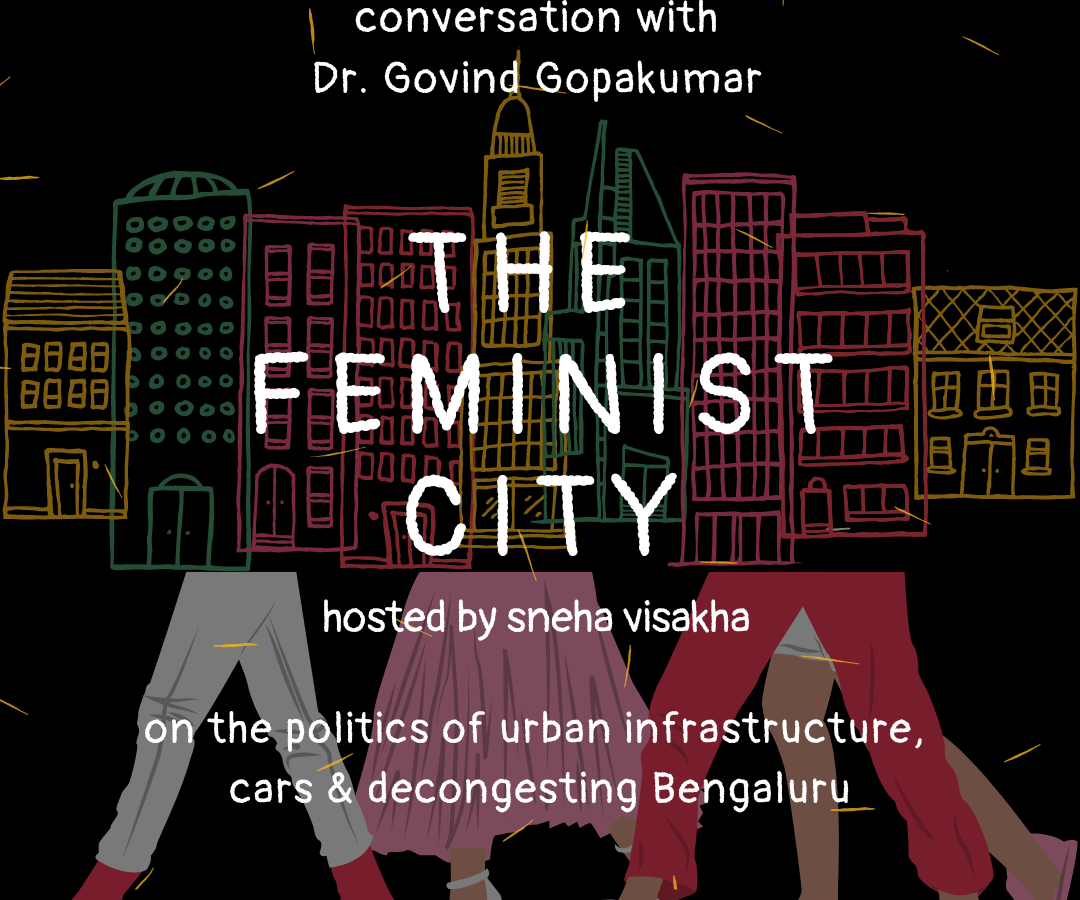Roughly half the world’s population lives in cities and by some estimates, the same should also be true in India. While official numbers do not yet reflect this due to one of the most restrictive definitions of ‘urban areas’, nevertheless the explosive growth in the population of India’s large metros is self-evident.
Whereas past patterns of migration involved workers moving seasonally to cities, the present patterns suggest that the movement is becoming permanent as more and more people are leaving villages to settle in cities for jobs, access to better services, to escape discrimination and stifling social conditions, and simply because of the opportunities for personal and economic growth that cities provide.
However, the framework of urban governance has not kept pace with the increasing demands being made on municipal governments. They find themselves hamstrung in raising funds, making plans, taking decisions, and implementing them on the ground. The causes for this are manifold – ranging from the lack of a clear constitutional vision for municipal government to the unwillingness of state governments to devolve powers to the third tier of government. Additionally, legal changes are required to update older laws with new ideas on planning and decision making at the city level, and to implement them effectively.
To this end, Vidhi’s work has been focused on legal changes to allow cities to raise more money through taxes and fees, improving laws that govern urban transportation, and suggesting legal changes to improve municipal administration in the State of Karnataka.
Vidhi will be working with state and civil society organisations in Karnataka towards advocating for and helping make changes to laws governing municipal governance in the state of Karnataka that ensure that these bodies work in an effective, efficient and inclusive manner.


